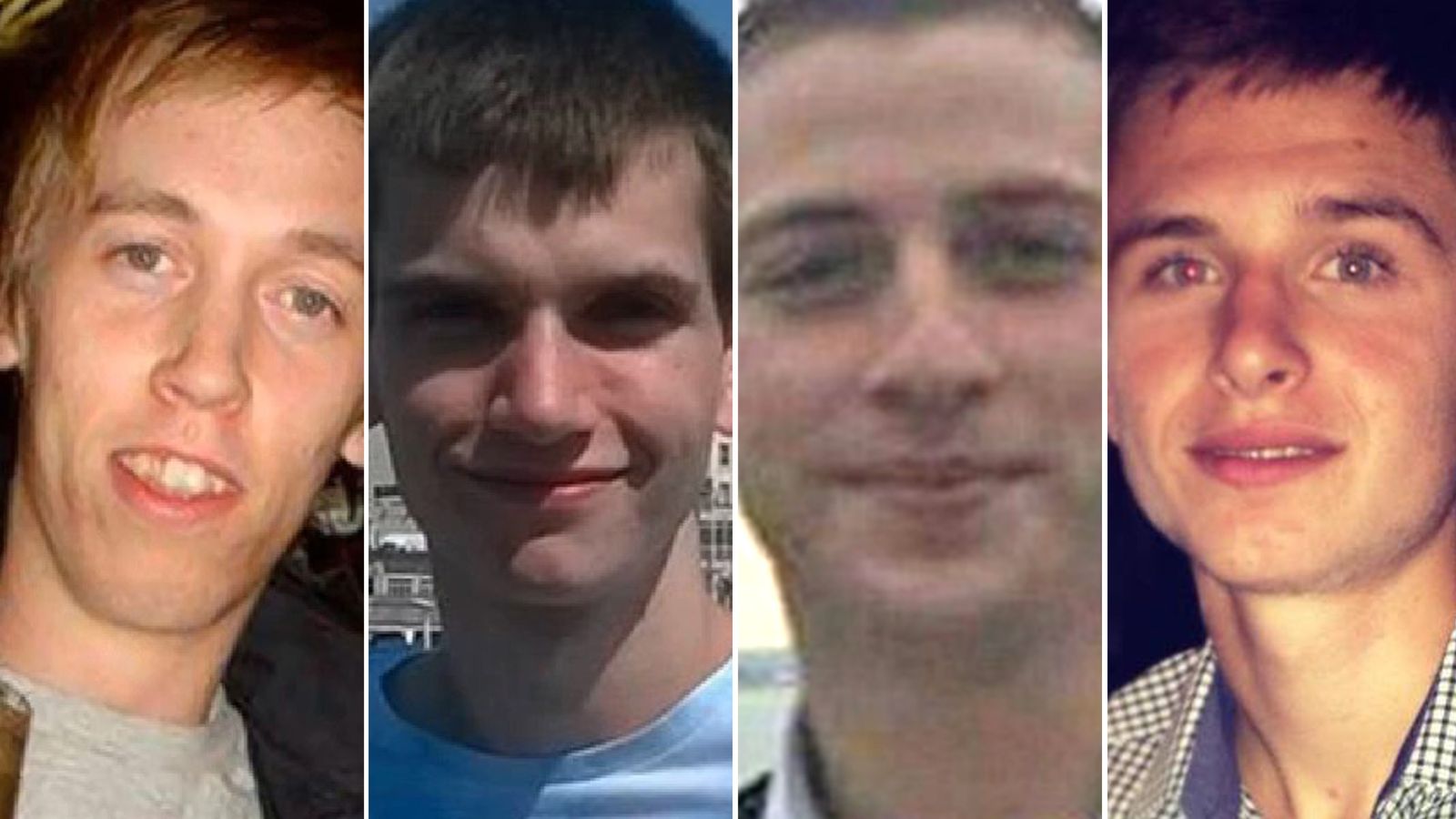The way police investigate unexplained deaths is to change following failings in the investigation into serial killer Stephen Port, senior officers have said.
Four new categories are to be made “to provide absolute clarity to officers”, the Metropolitan Police and the National Police Chiefs’ Council (NPCC) has said.
From July, “expected deaths” will cover deaths where there is a medical diagnosis while “unexpected death investigated and not suspicious” will be for those where evidence shows “no third party involvement”.
If a death is classed as an “unexpected death under investigation”, it means further inquiries are needed; and “homicide” will be used where it is likely someone else was involved.
In January this year, a coroner’s report into the deaths of Port’s victims – Anthony Walgate, 23; Gabriel Kovari, 22; Daniel Whitworth, 21, and Jack Taylor, 25 – identified a “large number of very serious and very basic investigative failings”.
Among those failings, report author Sarah Munro, QC said, was a “lack of professional curiosity” about their cases.
Port, now 47, is serving a whole-life sentence for the murders of the four young gay men between 2014 and 2015.
Haringey bus attack: Man wearing ‘pink woolly hat’ sought after woman sexually assaulted
Frank McKeever: Met Police offer £20,000 reward to find man feared to have suffered ‘serious harm’
Downing Street parties: Rees-Mogg refuses to apologise for calling partygate scandal ‘fluff’ as first fines issued by Metropolitan Police
He killed them with overdoses of the so-called “date rape” drug GHB, before leaving their bodies near his home in Barking, east London.
He was dubbed the “Grindr killer” for the way he scouted his victims on the gay dating app.
Read more:
How Port got away with it for so long
Detectives missed repeated opportunities to catch Port and those failures “probably” contributed to the deaths of victims, the inquest into their deaths found.
It prompted MPs to call for a public inquiry into claims of institutional homophobia in the force, echoing accusations made by the victims’ families that police prejudice played a part in the botched investigations.
Please use Chrome browser for a more accessible video player
Underlining the need for the proposed changes, Ms Munro had said: “The term ‘unexplained’ as used in the current policy may distract officers from the correct and necessary approach, which is for the death to be treated as suspicious unless and until the police investigation has established that it is not.”
The coroner also expressed concern over “a lack of ownership and responsibility for the investigations of unexplained deaths” among leaders in the Met.
The Met said it has now “agreed and set out clear guidelines detailing the responsibilities that officers of different ranks have in death investigations” leaving them “in no doubt as to their responsibilities and those of their colleagues”.







